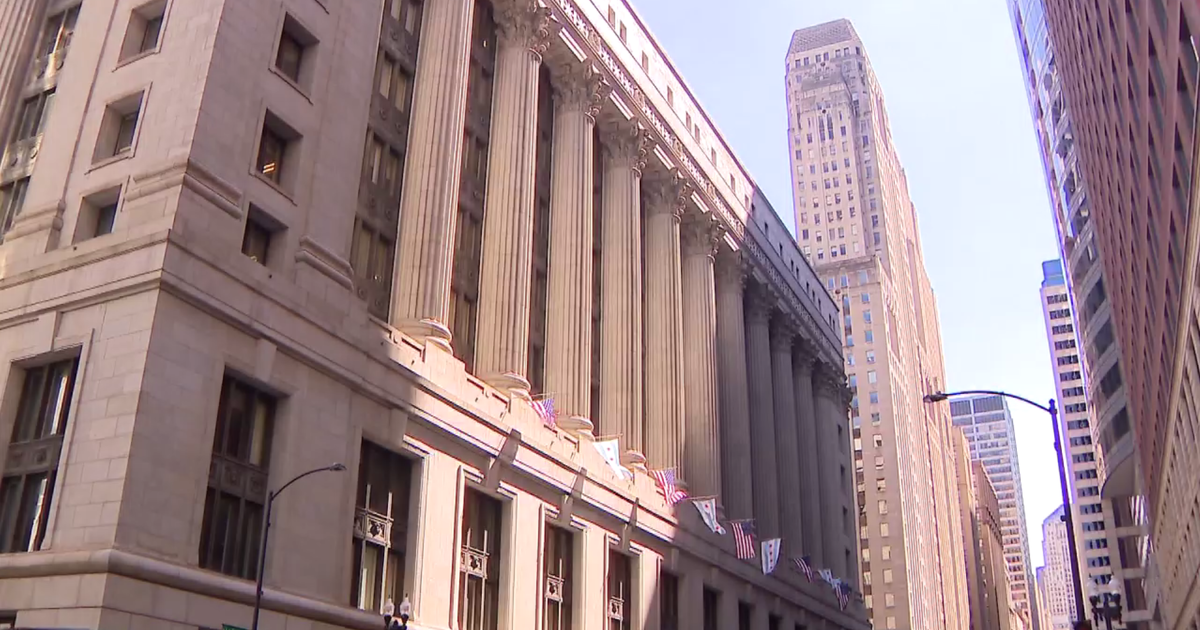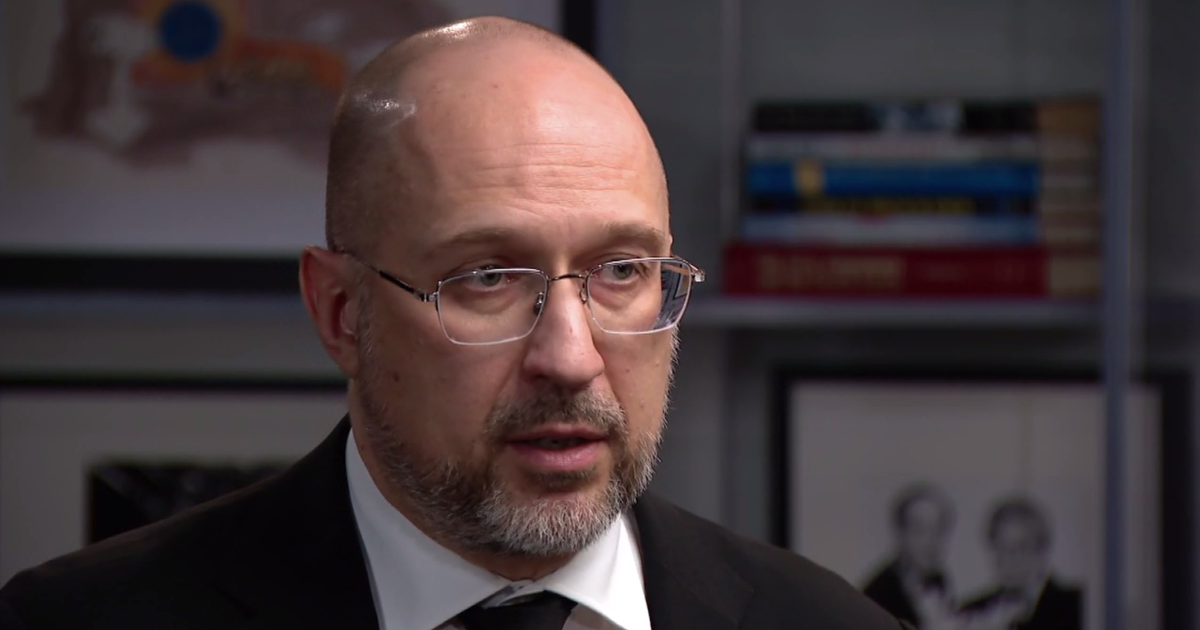President's Emissions Goals Subject Of Debate In Illinois
Emanuel Praises President's Environmental Goals
ST. LOUIS (AP) -- Gov. Bruce Rauner offered little insight Monday into whether Illinois, which the federal government says ranks near the bottom in emissions-reduction goals, will join other states and challenge new stringent rules for power plants.
The first-term Republican's office responded cautiously after President Barack Obama announced his much-anticipated Clean Power Plan to reduce greenhouse gas emissions from domestic power plants -- within 15 years -- by more than 30 percent from 2005 levels. In a one-sentence statement, Rauner said his administration is assessing the measure and its "impacts on Illinois," which could include a loss of jobs in parts of the state that have long relied on coal production.
Illinois EPA Director Lisa Bonnett cited the state's "tremendous energy diversity" and a need to balance pollution control with affordable electricity in a statement Monday, which didn't signal whether the state would join others in challenging the plan.
Rauner, a venture capitalist and self-described environmentalist, has previously said the state needs a "broad-based portfolio of energy options." He's also alluded to the "incredible energy opportunity" found in southern Illinois, with coal, hydraulic fracturing, oil and gas resources that could generate much-needed tax revenue and jobs as he and Illinois lawmakers plod ahead into the second month of a fiscal year without an approved state budget in place.
A federal court last month dismissed a suit by Oklahoma, West Virginia and another dozen states challenging the federal plan.
But industry groups quickly announced their intent to again fight the U.S. Environmental Protection Agency rules in court. The opponents include Murray Energy Corp., an Ohio company that is the nation's largest underground coal mine operator and owns several Illinois mines.
The EPA says that Illinois has one of the "least stringent" emission-reduction goals compared to other states, with interim goals starting in 2022 that are more attainable than the proposed targets set earlier.
The deadlines to both spell out ways to reduce pollution as well as to achieve those targets have been pushed back by several years.
Rauner's reticence aside, many elected leaders in the state responded quickly to the tougher emissions standards.
Rep. Mike Bost, a Murphysboro Republican, criticized what he called a war on coal that will raise energy prices, damage the economy and place the U.S. at a competitive disadvantage compared to other countries.
Chicago Mayor Rahm Emanuel, a Democrat and former White House chief of staff for Obama, praised his ex-boss for making good "on his promise to protect future generations and address climate change."
In Springfield, a coalition of environmental groups used the president's announcement to push for passage of the Illinois Clean Jobs Bill, legislation that would increase the state's mandated use of renewable energy to 35 percent by 2030.
"A better environment and a better economy go hand in hand," said Jen Walling, executive director of the Illinois Environmental Council.
Phil Gonet, president of the Illinois Coal Association, said that while he hopes state officials will fight the new standards, he didn't expect an immediate response from Rauner, given the the ongoing budget impasse.
"Their emphasis right now is trying to get the budget resolved," he said.
(© 2015 The Associated Press. All Rights Reserved. This material may not be published, broadcast, rewritten or redistributed.)



